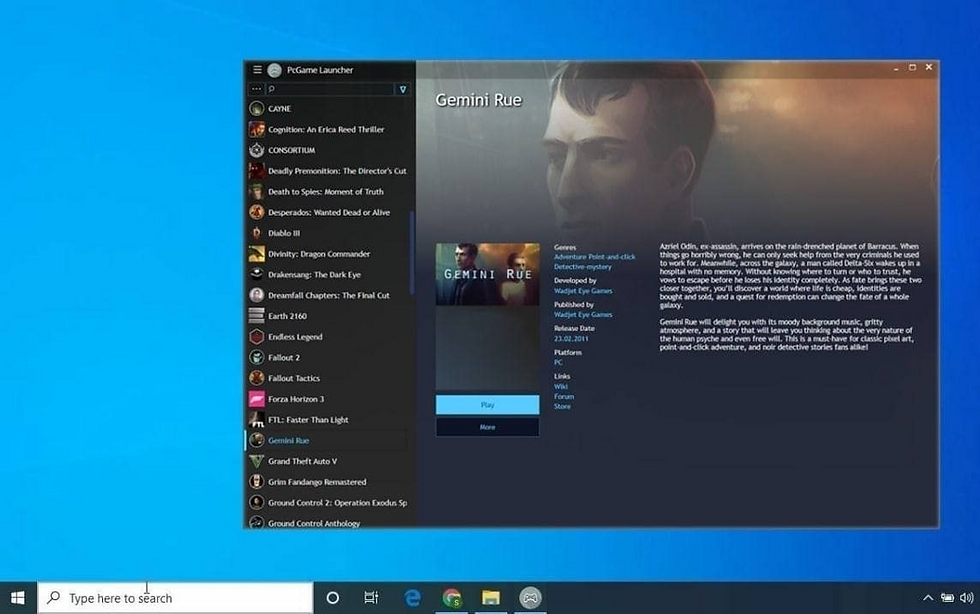Android Studio 2021.1.1.20
- Sharique Khan
- Jan 28, 2022
- 2 min read

Android Studio is the official[7] integrated development environment (IDE) for Google's Android operating system, built on JetBrains' IntelliJ IDEA software and designed specifically for Android development.[8] It is available for download on Windows, macOS and Linux based operating systems or as a subscription-based service in 2020.[9][10] It is a replacement for the Eclipse Android Development Tools (E-ADT) as the primary IDE for native Android application development.
Android Studio was announced on May 16, 2013, at the Google I/O conference. It was in early access preview stage starting from version 0.1 in May 2013, then entered beta stage starting from version 0.8 which was released in June 2014.[11] The first stable build was released in December 2014, starting from version 1.0.[12]
On May 7, 2019, Kotlin replaced Java as Google's preferred language for Android app development.[13] Java is still supported, as is C++.[14]

System requirements
64-bit Microsoft® Windows® 8/10.
x86_64 CPU architecture; 2nd generation Intel Core or newer, or AMD CPU with support for a Windows Hypervisor.
8 GB RAM or more.
8 GB of available disk space minimum (IDE + Android SDK + Android Emulator)
1280 x 800 minimum screen resolution.

Features[edit]
A specific feature of the Android Studio is an absence of the possibility to switch autosave feature off.[15]
Gradle-based build support
Android-specific refactoring and quick fixes
Lint tools to catch performance, usability, version compatibility and other problems
ProGuard integration and app-signing capabilities
Template-based wizards to create common Android designs and components
A rich layout editor that allows users to drag-and-drop UI components, option to preview layouts on multiple screen configurations[18]
Support for building Android Wear apps
Built-in support for Google Cloud Platform, enabling integration with Firebase Cloud Messaging (Earlier 'Google Cloud Messaging') and Google App Engine[19]
Android Virtual Device (Emulator) to run and debug apps in the Android studio.
Android Studio supports all the same programming languages of IntelliJ (and CLion) e.g. Java, C++, and more with extensions, such as Go;[20] and Android Studio 3.0 or later supports Kotlin[21] and "all Java 7 language features and a subset of Java 8 language features that vary by platform version."[22] External projects backport some Java 9 features.[23] While IntelliJ states that Android Studio supports all released Java versions, and Java 12, it's not clear to what level Android Studio supports Java versions up to Java 12 (the documentation mentions partial Java 8 support). At least some new language features up to Java 12 are usable in Android.[24]
Once an app has been compiled with Android Studio, it can be published on the Google Play Store. The application has to be in line with the Google Play Store developer content policy.





Comments